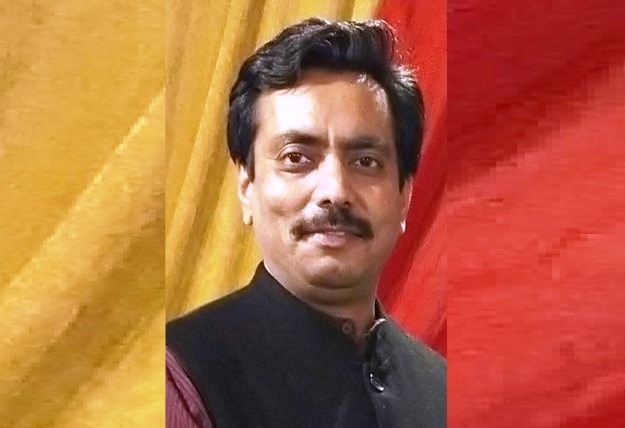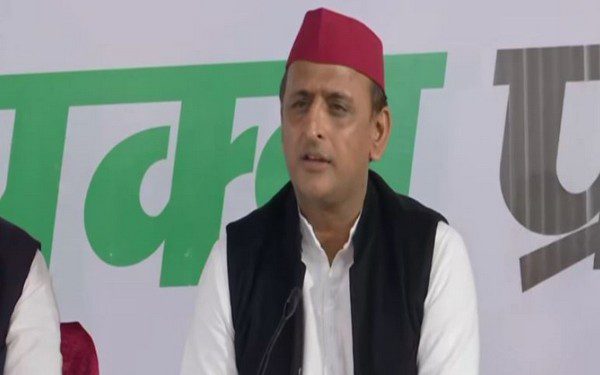The Supreme Court on Thursday while ordering to set up a panel consisting of the Prime Minister, LOP, CJI for selecting Chief Election Commissioner (CEC) and Election Commissioners said that it is concerned with leaving the appointments in the sole hands of the Executive.
“We are concerned with the devastating effect of continuing to leave appointments in the sole hands of the Executive on fundamental values, as also the Fundamental Rights, we are of the considered view that the time is ripe for the Court to lay down norms,” the SC said.
A vacuum exists on the basis that, unlike other appointments, it was intended all throughout that appointment exclusively by the Executive was to be a mere transient or stop-gap arrangement and it was to be replaced by a law made by the Parliament taking away the exclusive power of the Executive. This conclusion is clear and inevitable and the absence of law even after seven decades points to the vacuum, said the Supreme Court Constitution Bench.
Court further said that the electoral scene in the country is not what it was in the years immediately following the country becoming a Republic. The criminalisation of politics, with all its attendant evils, has become a nightmarish reality. The faith of the electorate in the very process, which underlies democracy itself, stands shaken.
The impact of ‘big money’ and its power to influence elections, the influence of certain sections of media, makes it also absolutely imperative that the appointment of the Election Commission, which has been declared by this Court to be the guardian of the citizenry and its Fundamental Rights, becomes a matter, which cannot be postponed further, added the court.
Political parties undoubtedly would appear to betray a special interest in not being forthcoming with the law. The reasons are not far to seek. There is a crucially vital link between the independence of the Election Commission and the pursuit of power, its consolidation and perpetuation, said the Court.
The Constitution Bench of the Supreme Court on Thursday ordered a panel consisting of the Prime Minister, the Leader of the Opposition and the Chief Justice of India for the selection of Commissioners in the Election Commission of India.
“Appointment of an election commissioner shall be on the recommendation of a committee comprising the Prime Minister, Chief Justice of India and Leader of Opposition in Lok Sabha,” said the constitution bench headed by Justice KM Joseph, and also comprising Justices Ajay Rastogi, Aniruddha Bose, Hrishikesh Roy and CT Ravikumar.
The Election Commission has to be independent and it is duty-bound to act in a fair and legal manner and abide by the provisions of the Constitution and the directions of the Court said Justice Joseph during the pronouncement of the order.
Justice Joseph also added that the hallmark of a substantial and liberal democracy must be borne in mind, democracy is inextricably linked to the power of the people. The power of the ballot is supreme, capable of unseating the most powerful parties.
Supreme Court on Thursday delivered two verdicts, however, both were unanimous verdicts.
Justice Ajay Rastogi in its separate judgement added that the process of removal of Election Commissioners shall be as same as that of Chief Election Commissioner– Impeachment
The Supreme Court Constitution Bench on Thursday pronounced its order on various petitions seeking reform in the process for the appointment of members of the Election Commission of India.
On November 24 2022, the apex court reserved its judgement on a batch of pleas seeking a collegium-like system for the appointment of Election Commissioners (ECs) and the Chief Election Commissioner (CEC).
The apex court was hearing pleas challenging the constitutionality of the present appointment process of CEC and ECs and contended that appointments were being done as per the whims and fancies of the executive.
The petitions sought the creation of an independent collegium or selection committee for future appointments of CEC and two other ECs.
The petitions stated that, unlike the appointments of the CBI director or Lokpal, where the leader of the Opposition and judiciary have a say, the Centre unilaterally appoints the members of the Election Commission.
On October 23, 2018, the apex court referred PILs to the Constitution bench.
While reserving its order, the court has questioned the Centre on the appointment of former IAS officer Arun Goel as the new Election Commissioner at “lightning speed” saying the process was completed within 24 hours. The court had perused the original files brought by the Centre on Goel’s appointment as Election Commissioner. (ANI)
Read More:http://13.232.95.176/



